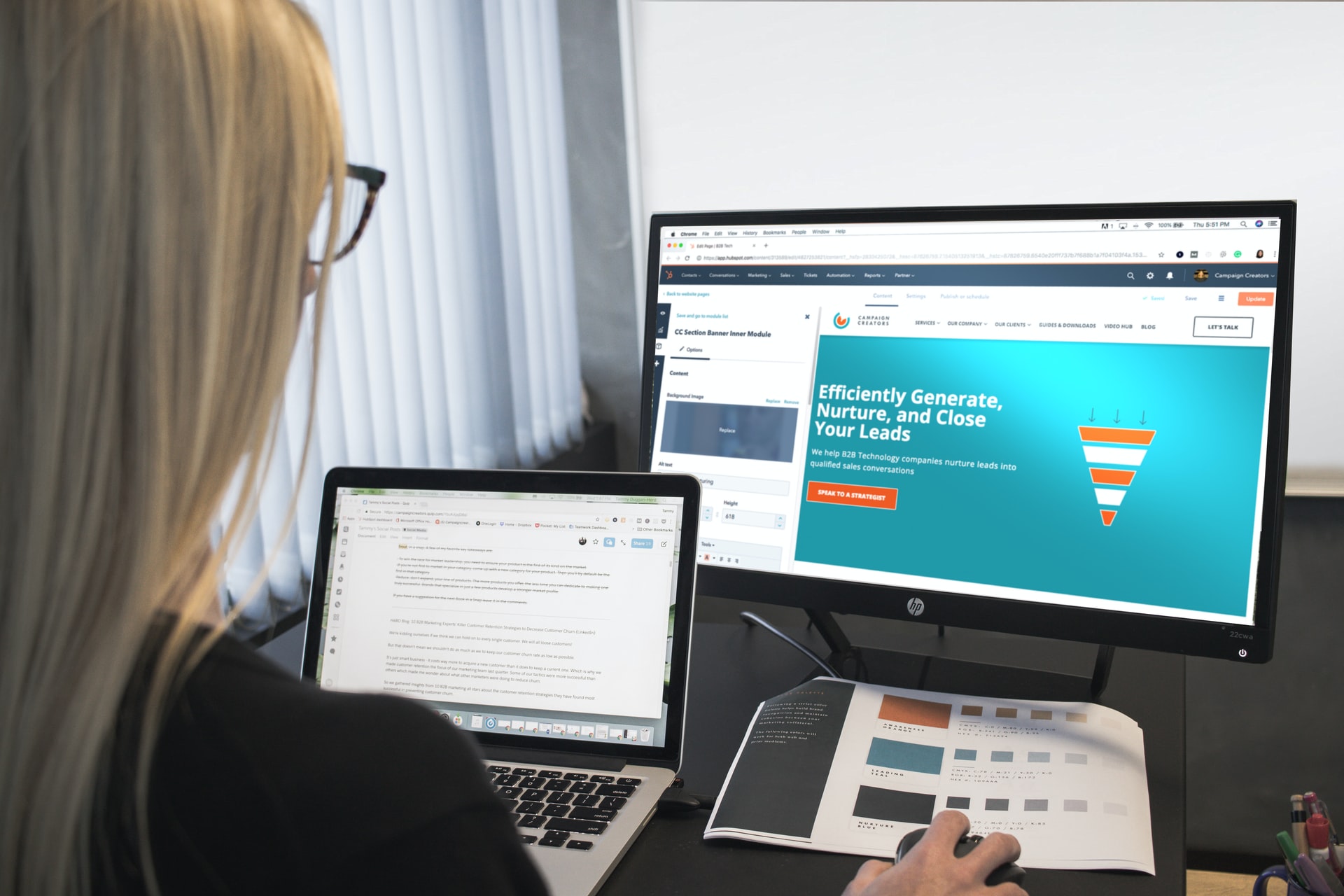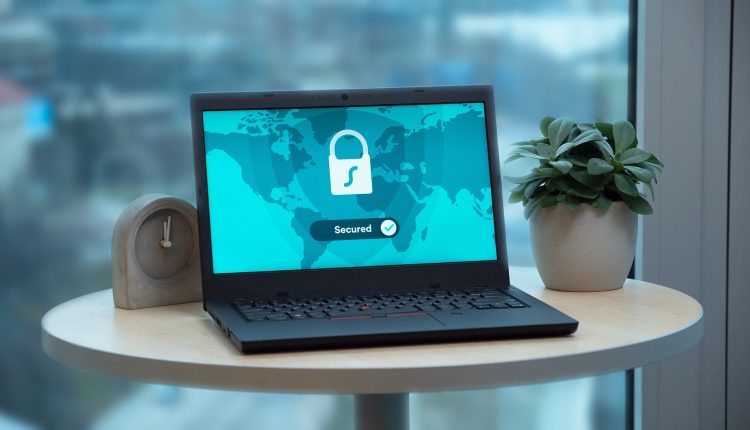Are Free VPNs Safe? Four Things to Know Before Using Free VPNs
You are familiar with VPN (Virtual Private Network) if you have ever used “special software” to connect to a local network over the Internet. VPN technology encrypts the connection between you and your VPN server or the network to which you connect. As a result, your Internet traffic is encrypted, and no one else can read it.
VPN software hides the IP address of the device that is running it. A VPN establishes a secure link between you and the Internet. When you use a VPN to access the Internet, your data traffic is routed through an encrypted virtual tunnel.
Various activists use VPN services to conceal their true IP address and circumvent censorship enforced by a particular country. Some individuals use VPNs to encrypt sensitive online activity, particularly while connecting to public or international Wi-Fi networks, and to view information unavailable in their home country.

Free VPNs typically fall into one of two categories: they are either full of advertisements or have a limited amount of data that you can utilize (1–5GB). Some feature a lot of advertising but no bandwidth limits, making them ideal for watching movies, TV shows, and any other multimedia content you want to stream. Others also contain a lot of advertisements and just a few servers to connect to until you upgrade to the premium version.
Performance is also vital VPN technology has been much more widely available in recent years, and it has evolved into a tool that we require both personally and professionally. Select a free VPN provider, especially if you’re utilizing something cheap. Some are free with advertisements that provide excellent performance.
Things to know before using a free VPN
1. Selling data

Although some free VPNs will perform admirably, not all will be able to compete with commercial VPNs. Many VPN services pretend to be free but charge you for something, even if it isn’t your money.
Some free VPNs, for example, sell your data connection to other clients. Other free providers track the websites you visit to sell this information to marketing firms. Make sure you know what kind of VPN you are using.
2. Limited features
Free VPNs usually have some restrictions. On the other hand, Premium (paid) VPNs are more secure and provide more alternatives, such as unlimited bandwidth, unlimited speeds, proper customer care, and global access to streaming services. If you do not mind, you can still use a free VPN.
3. Slower speed

It’s worth noting that paid VPN services typically outperform free VPN services for streaming because of their faster speeds and lack of data restrictions.
Whatever your VPN objective, you should try to find a free VPN provider with servers in your country and no speed cap. Given the restricted number of server locations offered by most free VPNs, this can be tough, but it is not impossible.
4. Advertisements
You are compelled to view advertisements if you decide to download the free VPN app. While free VPNs are available, it doesn’t mean that you can just start using them without giving anything in return.
The majority of these advertisements play automatically and are challenging to close. This is one of the reasons they can continue to be free.
Conclusion
It is simple to download and set up a VPN, making it simple to use. Because no technical knowledge is necessary, anyone may start using it immediately. To boost your online security, simply download the app, locate a server, and connect to it.
The Internet is rife with unwelcome threats to your online privacy and security. To begin with, hostile parties can collect your information, monitor your online activities, and intercept your connection. Some networks also have limitations that prohibit specific websites, severely limiting your online freedom.

Comments are closed.